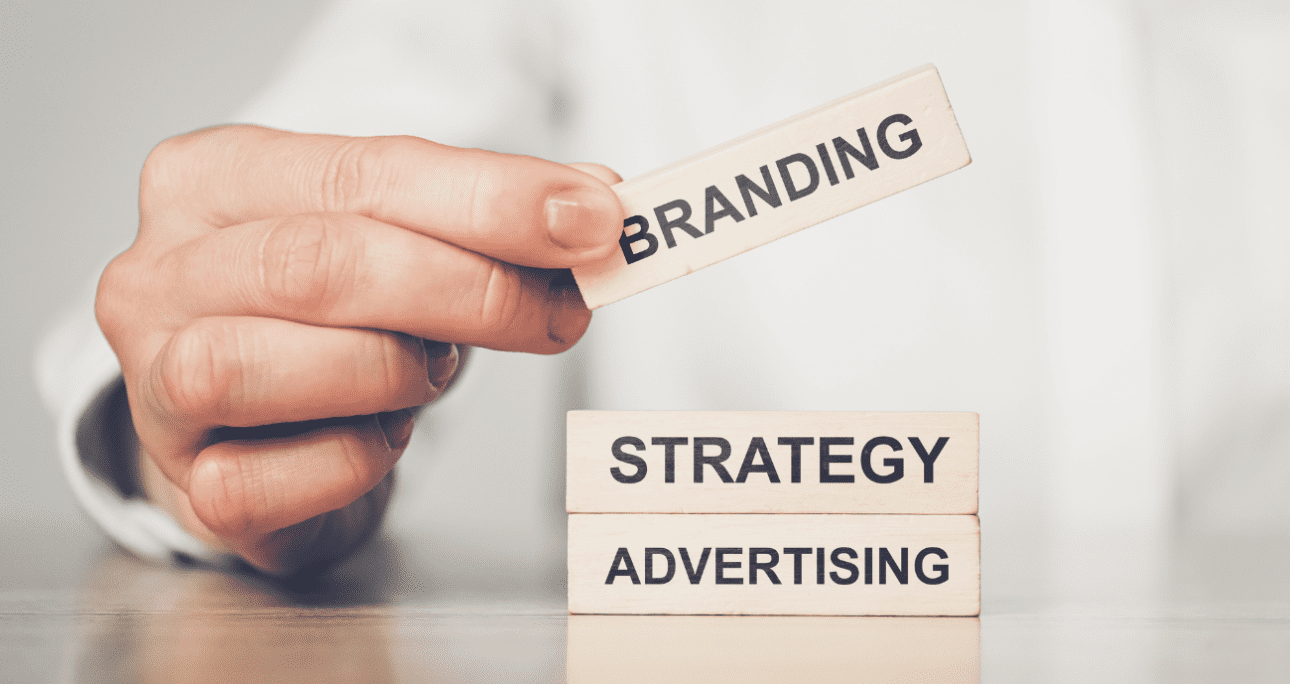The Role of Social Media in Brand Awareness
In today’s digital landscape, social media marketing has become one of the most effective ways for businesses to build brand awareness, engage with their target audience, and drive sales. With billions of users across platforms like Facebook, Instagram, LinkedIn, Twitter, and TikTok, businesses have an unparalleled opportunity to connect with potential customers, establish brand authority, and create a loyal community.
Why Social Media is Essential for Brand Awareness
Brand awareness is the foundation of a successful business. When consumers recognize and trust your brand, they are more likely to choose your products or services over competitors. Social media plays a crucial role in this by providing businesses with a platform to showcase their brand personality, communicate their values, and interact directly with their audience.
Some of the key benefits of using social media for brand awareness include:
- Increased visibility: With billions of daily active users, social media provides businesses with an opportunity to reach a larger audience than traditional marketing methods.
- Targeted audience engagement: Through paid advertising and organic content, brands can target specific demographics based on location, interests, and behaviors.
- Cost-effective marketing: Social media marketing is more affordable compared to traditional advertising methods like TV commercials or print media.
- Improved brand loyalty: Regular interaction with customers helps businesses foster trust and build long-term relationships.
How to Use Social Media to Build Brand Awareness
1. Choose the Right Social Media Platforms
Not all social media platforms work the same way for every business. Choosing the right platforms based on your industry, audience, and content type is crucial. For instance:
- Instagram & TikTok are ideal for brands relying on visual content, such as fashion, beauty, and food businesses.
- LinkedIn is great for B2B businesses, professional networking, and corporate branding.
- Facebook provides a broad audience reach and is ideal for community building and paid ads.
- Twitter works well for real-time engagement, news, and customer service.
2. Create High-Quality, Engaging Content
Content is the backbone of any successful social media strategy. Businesses should focus on creating valuable and engaging content that resonates with their audience. Some content types that boost brand awareness include:
- Informative blog posts and articles that educate your audience about industry trends.
- Eye-catching visuals and infographics to communicate messages quickly.
- Videos and reels showcasing behind-the-scenes, product launches, or customer testimonials.
- User-generated content (UGC) where customers share their experiences with your brand.
- Interactive polls, quizzes, and stories to boost engagement.
3. Leverage Influencer Marketing
Collaborating with influencers is a great way to expand your reach and establish credibility. Influencers have a loyal following that trusts their recommendations. By partnering with relevant influencers, brands can:
- Reach a targeted audience quickly.
- Build trust and authenticity through third-party endorsements.
- Increase engagement rates and social proof.
4. Utilize Paid Social Media Advertising
While organic reach is valuable, paid advertising on social media ensures your content reaches the right audience. Platforms like Facebook Ads, Instagram Ads, and LinkedIn Ads allow businesses to target users based on demographics, interests, and behavior.
Some effective paid advertising strategies include:
- Boosting high-performing posts to increase reach.
- Retargeting ads to engage users who have interacted with your brand before.
- Lookalike audience targeting to find new potential customers similar to existing ones.
5. Engage with Your Audience Consistently
Social media is not just about posting content—it’s about interaction. Brands should engage with their audience by:
- Responding to comments and messages promptly.
- Running contests and giveaways to encourage participation.
- Joining relevant conversations and trending topics.
- Encouraging user-generated content by featuring customer posts.
6. Track Performance and Optimize Strategy
Measuring your social media efforts is essential to understand what works and what needs improvement. Some key metrics to track include:
- Engagement rate: Likes, comments, shares, and overall interactions.
- Reach and impressions: How many people see your content.
- Follower growth: The increase in your audience size over time.
- Website traffic: The number of users who visit your site from social media.
- Conversion rate: The percentage of social media visitors who take a desired action, such as signing up for a newsletter or making a purchase.
Using tools like Google Analytics, Facebook Insights, and LinkedIn Analytics, businesses can refine their social media marketing strategy to maximize effectiveness.
Conclusion
Building brand awareness through social media requires a well-thought-out strategy that includes choosing the right platforms, creating engaging content, leveraging influencer marketing, utilizing paid ads, and consistently engaging with the audience. With the right approach, businesses can significantly improve their online presence, build customer trust, and drive long-term growth.
As social media continues to evolve, brands that adapt and innovate will have a competitive edge in the digital marketplace. Whether you’re a startup or an established business, investing in social media marketing is key to staying ahead and achieving sustainable success.







